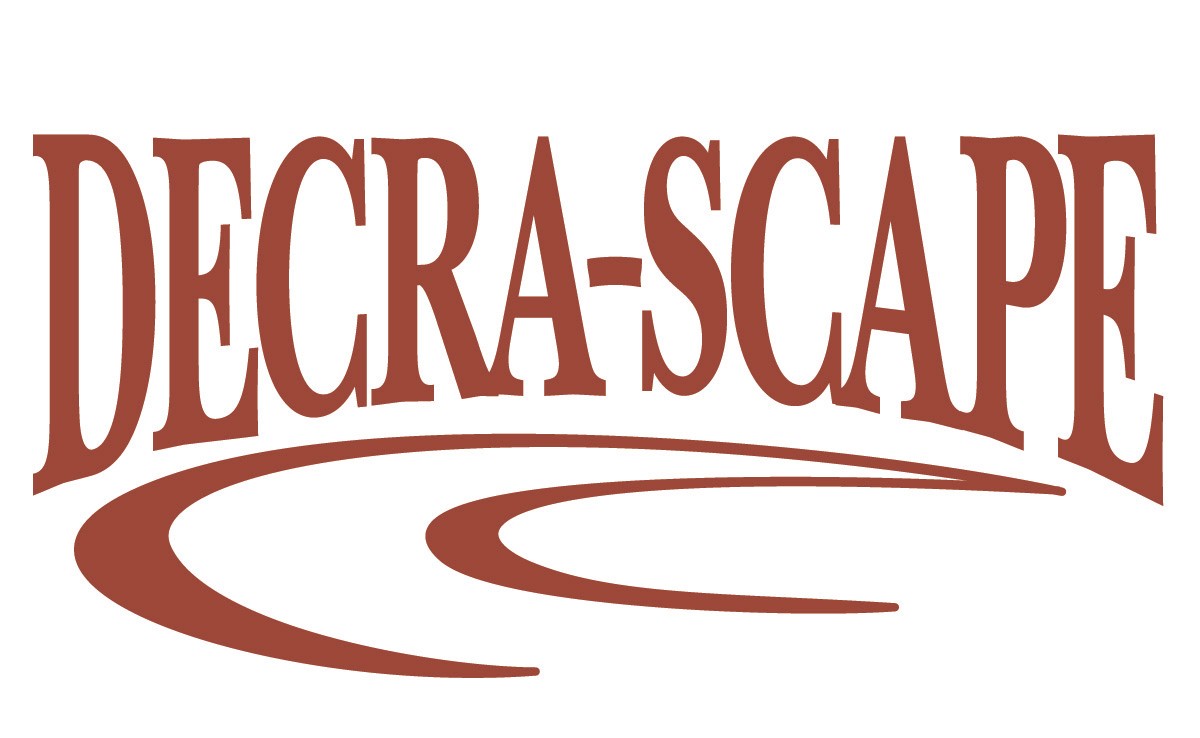High-quality, well-maintained masonry can be a prime feature for any property in Rochester Hills, MI. Ensuring proper maintenance for your masonry can not only raise the value of your property but can even save you from expensive repairs and replacements in the long run. Here are four maintenance tips to help improve the longevity of your hardscaping:
Proper Cleaning
Hardscapes are set up to endure a rough life, as they are constantly exposed to the elements and risk experiencing wear and tear from regular use. Snow and the application of salt, as well as oil drips from vehicles on driveways, can leave stains on your masonry, which can be difficult to clean if they’re not addressed immediately. Moreover, a thorough cleaning can not only keep your hardscaping looking fresh but also expose any potential problem areas.
Related: Why Interlocking Pavers Are the Perfect Paving Solution for Freeze/Thaw Climates
It is important to pay attention to the type of cleaning materials and techniques applicable to your masonry. A harsh chemical cleaner can dull the colors of pavers and make them more susceptible to fading from exposure to UV light. Similarly, power washing can sweep away certain types of jointing sand and even damage your masonry unless it’s done with care and special attention.
Reapplication of Jointing Sand
The application of jointing sand is one of the important final steps in the installation of pavers, whether for a patio, driveway, or walkway. The tiny granules of jointing sand create friction between the pavers and help to lock them together tightly. Over time, it is possible for the jointing sand to erode because of exposure to snow, rain, and regular wear and tear. These issues can cause pavers to come loose and unsightly growth of weeds to occur in the gaps.
These unsightly risks make it important to inspect the joints between pavers and re-sand them when necessary. There is a range of jointing compounds to choose from, and choosing the right type is vitally important as it can have a marked impact on the longevity of your hardscape.
Regular Applications of Sealer
Contractors recommend sealant as a great way to keep your hardscaping protected in the long run. A coating of sealant can make your hardscaping more resistant to stains from oil, dirt, and salt. Moreover, it can help resist fading from exposure to UV light and can harden over the jointing compound to keep everything tightly in place. Sealant needs to be reapplied professionally between two and five years depending on the type. It is important to clean the surface thoroughly before application. It is also very important to be consistent with the type of sealant applied as a difference in the chemical composition of the sealers can cause them to react and damage the facade of your hardscaping.
Timely Repairs
Lastly, it is important to address any problem areas as soon as possible and have them inspected by a professional. Experts in repairs and maintenance are what’s needed—they don’t have to be the same people who installed your hardscapes. In many cases, catching the problem in advance can make the difference between a small repair and a costly renovation or even replacement. Cracks and small sinks in a driveway can be readily addressed quickly or become exacerbated in the long term. For more structural components such as walls, timely repairs are even more important as they can be a safety concern.


